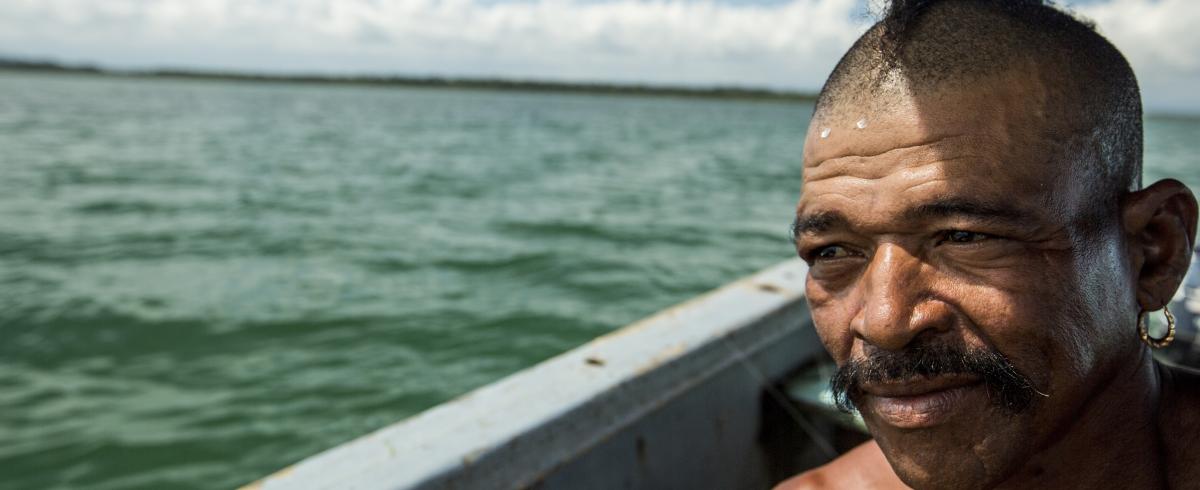Small-Scale Fisheries and Blue Justice: Procedural and Substantive Rights of Fisherfolks
This seminar will explore the role and practical relevance of international legal instruments for the recognition and full realisation of the human rights of small-scale fishers, such as the UN Declaration on the Rights of Peasants and Other People Working in Rural Areas and the UN Food and Agriculture Organization (FAO)’s Voluntary Guidelines for Securing Sustainable Small-Scale Fisheries in the context of food security and poverty eradication.

